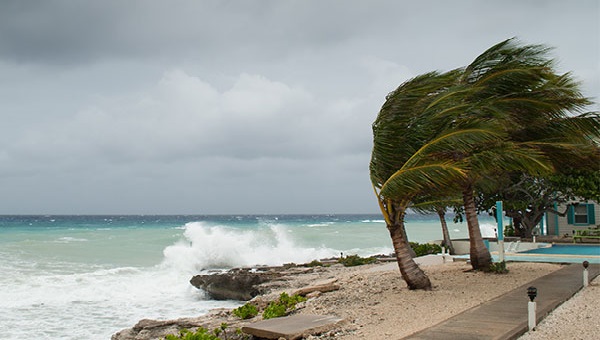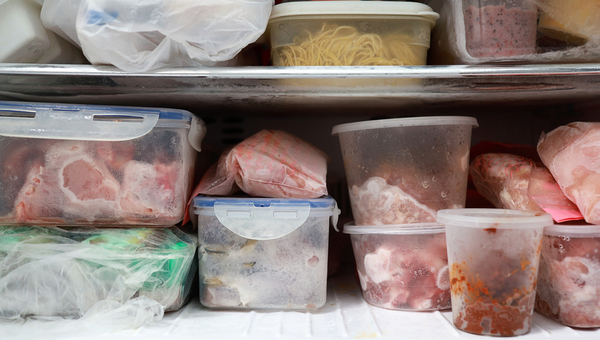Medical Safety and Preparedness During Hurricane Season
 The Atlantic hurricane season starts on June 1 and goes through November 30. Hurricanes bring high winds, heavy rains, power outages and flooding. You may experience periods where you don’t have access to supermarkets, gas stations or electricity. According to the Federal Emergency Management Agency (FEMA), your hurricane kit should be equipped with the following items for you, your family, your pets and anyone taking shelter with you.
The Atlantic hurricane season starts on June 1 and goes through November 30. Hurricanes bring high winds, heavy rains, power outages and flooding. You may experience periods where you don’t have access to supermarkets, gas stations or electricity. According to the Federal Emergency Management Agency (FEMA), your hurricane kit should be equipped with the following items for you, your family, your pets and anyone taking shelter with you.
Food
You should stock a three to five day supply of nonperishable, easy-to-prepare foods that you and your family will eat. Consider foods that are high in protein and don’t forget the manual can opener, paper products and plastic utensils.
- Canned meat, vegetables and fruits (avoid cans that are swollen, punctured, dented or corroded)
- Protein bars
- Dry cereal or granola
- Dried fruit
- Peanut butter
- Canned juices
- Powdered milk
- Baby food or formula, if applicable
- Pet food and treats, if applicable
Cool your refrigerator down to the lowest temperature and keep the doors closed as much as possible. Most closed refrigerators will keep food cold for about four hours. If your power has been out longer than four hours, discard any spoiled food. If in doubt, throw it out.
Water
The Red Cross recommends one gallon per person (or pet) per day. You should also consider a three to five day supply, but some experts recommend up to a two week supply. You should increase your water supply if you live in a warmer climate, care for a sick or elderly relative or are pregnant. Check bottled water for expiration dates.
Medications and Medical Supplies
If you or anyone in your household require daily medication, call your physician or pharmacy to refill current prescriptions. You should have at least an extra seven day supply. Also, check to make sure you have a properly stocked first aid kit, extra batteries for hearing aids, spare glasses or contacts and syringes. Keep a list of medications, allergies and medical conditions with your important papers.
Personal Care
Consider the following personal care items when preparing for a storm in your area:
- Sanitation and personal hygiene items – hand sanitizer, soap, toothbrush and toothpaste, baby wipes, feminine products and incontinent underwear
- Important papers – in a waterproof container, include a health summary, medication list, emergency contact numbers, photo ID, birth certificates, proof of address, deed/lease to your home, social security cards, bank documents, photo albums and insurance policies
- Tools - multipurpose tool, flashlights, batteries, cell phone and charger and battery-powered radio
- Entertainment and comfort – extra cash, blanket, pillow, baby supplies, books, paper and pencil and music
- Outerwear - Rain gear, insect repellent and sunscreen
Stock Up and Be Ready
Look at the latest evacuation zone maps and find your closest available shelter. Consider that only some shelters will allow pets. Find alternative shelters or stay with a family member or friend. Check your current hurricane kit and remove anything that is expired. Test your batteries and adjust the kit to serve the current status of your family.
While our hospital and outpatient facilities are not community shelters, BayCare closely monitors hurricane threats to our area. We encourage everyone in the community to place ultimate importance on their health and safety and follow the instructions of your local emergency management authorities. Refer to our website, BayCare.org, for information on available services and status updates. For those caring for those with memory disorders, here are a few additional tips for hurricane season.



